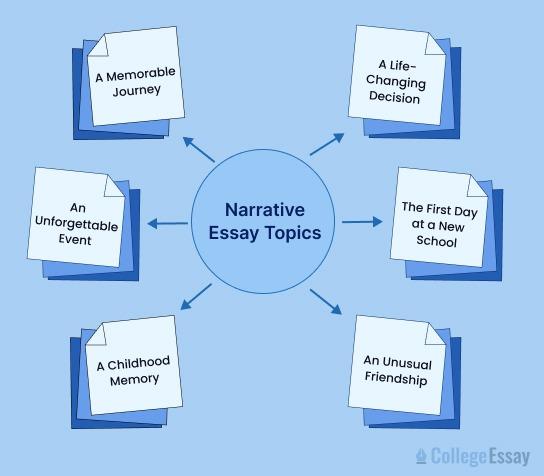US Legislators Push for Sanctions Amid Rising Concerns Over South Africa’s Foreign Policy Direction
In a significant development reflecting escalating diplomatic tensions, members of the United States Congress have introduced legislation aimed at imposing sanctions on South Africa. This move underscores growing apprehension in Washington regarding Pretoria’s deepening relationships with countries like Russia and China. As these alliances expand, US lawmakers are increasingly wary of the geopolitical ramifications, prompting urgent discussions about the future dynamics between the two nations and their roles on the global stage.
Mounting Discontent Over South Africa’s International Partnerships
The proposed sanctions bill reveals bipartisan unease over what many American policymakers interpret as South Africa’s shifting foreign policy—one that appears to lean toward authoritarian regimes. Central to this concern is Pretoria’s stance of neutrality amid ongoing international conflicts and its bolstered ties with nations frequently criticized for democratic backsliding.
Several core issues drive this dissatisfaction:
- Defense Collaborations: Ongoing military cooperation with Russian forces has sparked fears about shared strategic interests in unstable regions.
- Trade Relations: Expanding economic exchanges with countries accused of human rights abuses challenge Western efforts to uphold ethical trade standards.
- Lack of Clear Diplomatic Positions: South African officials’ hesitance to openly denounce violations of international law by major powers has drawn sharp criticism from US legislators advocating firm opposition to aggression.
This legislative initiative highlights a broader debate over accountability and alignment within an increasingly multipolar world where adherence to democratic values remains a cornerstone for US foreign policy.
The Implications: How Sanctions Might Alter US-South Africa Relations
If enacted, these sanctions could significantly disrupt both diplomatic engagement and economic interactions between Washington and Pretoria. Business communities and government officials alike express concerns that such measures might impede trade flows, deter investment, and complicate collaboration on pressing global issues such as climate change mitigation or regional security efforts across Southern Africa.
- Agricultural & Mineral Export Vulnerabilities: Tariffs or restrictions risk undermining key sectors where South African products currently enjoy preferential access to American markets.
- Erosion of Investor Confidence: Heightened perceptions of political instability may prompt multinational companies to reconsider expansion plans or new investments in the country.
- Diplomatic Strains Beyond Commerce: Tensions could spill into multilateral arenas critical for joint responses to challenges like pandemic management or peacekeeping operations throughout the continent.
A historical perspective offers valuable lessons: past sanction regimes have produced varied results depending on context. For example, international embargoes during apartheid were instrumental in dismantling institutionalized racial segregation but also left long-lasting societal wounds requiring extensive reconciliation processes. In contrast, decades-long embargoes against Cuba largely maintained a stalemate without triggering substantial policy changes. More recently, targeted nuclear-related sanctions against Iran helped facilitate negotiations leading up to the JCPOA agreement within relatively short periods—illustrating how outcomes depend heavily on strategy design and geopolitical circumstances (see table below).
| Sanction Period | Main Result | Duration of Impact |
|---|---|---|
| Apartheid-Era Sanctions (1980s) | Dismantled apartheid regime | Sustained political transformation spanning decades |
| Cuba Embargo (1960–Present) | Status quo largely preserved; minimal policy shifts | Over six decades td > tr > |
This evolving scenario calls for sophisticated diplomacy that balances pressure tactics with engagement approaches tailored carefully to address complex realities confronting both countries today.
Paving a Path Forward: Emphasizing Constructive Engagement Over Punitive Actions
Rather than relying exclusively on sanctions , fostering open dialogue remains crucial . To cultivate mutual understanding while tackling contentious matters , several strategies deserve attention : p >
- < strong >Regular High-Level Diplomatic Dialogues :< / strong > Create consistent communication channels designed to clarify Pretoria ’ s foreign policy objectives .< / li >
- < strong >Joint Economic Ventures :< / strong > Promote collaborative projects especially targeting emerging sectors like renewable energy technologies , which offer mutual advantages .< / li >
- < strong >Cultural & Educational Exchanges :< / strong > Encourage people-to-people connections through scholarship programs enhancing intercultural comprehension .< / li >
- < strong >Cooperative Global Initiatives :< / strong > Work together actively on urgent worldwide challenges including climate change mitigation , public health emergencies , and peacekeeping missions across Africa .< / li >
ul >An ongoing framework prioritizing transparency can help identify potential friction points early while fostering constructive problem-solving mechanisms between Washington and Pretoria : p >
< strong Key Element < / strong > th > < strong Focus Area < / strong > th >
tr >
thead >< td >< Strong Capacity Building < / Strong > Td > Support democratic governance through specialized training programs.
Enhance institutional resilience.Security Cooperation
Conduct joint military exercises & law enforcement training.
Strengthen regional stability.Health Collaboration
Coordinate responses targeting HIV/AIDS & pandemic preparedness.
Improve public health infrastructure.Transparent Communication
Maintain regular updates regarding foreign policy developments.

